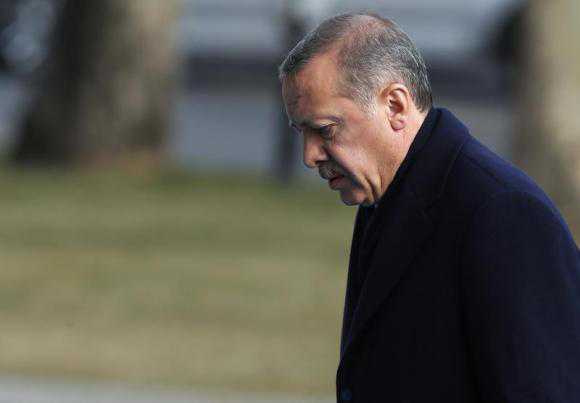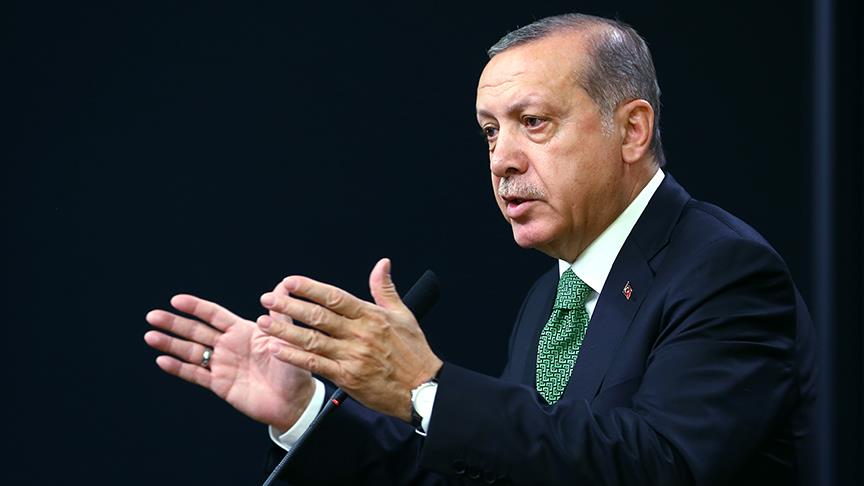You could call it poetic justice. Back in 1999, Recep Tayyip Erdogan, then an up-and-coming young mayor of Istanbul with populist appeal and Islamist leanings, was sentenced to 10 months in jail for reciting a century-old poem that the country’s generals — the enforcers of Turkey’s constitutionally mandated secularism — found offensive. “Minarets are our bayonets,” the poem went, “the domes our helmets, the mosques our barracks, and the believers our army.” Erdogan was packed away for inciting religious hatred, but not before shouting that “this song is not yet over.”

And how. On June 12, Erdogan led his Justice and Development Party (the AKP) to its third consecutive victory in Turkish parliamentary elections, improving on his 47% landslide victory in 2007 by bringing in 50% of the vote. The Prime Minister, who has led the country since 2003 and is widely considered to be the most successful politician of his generation, had lost none of his bluster, proclaiming the results a victory “for Bosnia as much as Istanbul, Beirut as much as Izmir, Damascus as much as Ankara.” (See: “Turkey’s Election Offers a Last Chance to Integrate the Kurds.”)
Certainly people in all those places — and far beyond — were watching the election, which will likely have a critical impact on the region and the wider world. Erdogan has arguably been the most transformational leader in Turkey since Mustafa Kemal Ataturk founded the modern Turkish Republic in 1923. A 57-year-old former soccer player and native of Istanbul’s tough Kasimpasa district, Erdogan, a pious Muslim with a headscarf-wearing wife, appeals to the devout among Turkey’s Anatolian masses, who, like religious Americans from the heartland, often feel condescended to by the coastal, secular elite. But he’s also popular among the urban working class, which is dealing with issues of cultural dislocation, and millions of small- and midsize-business owners who like what he’s done for the economy over the past decade. Erdogan may be a populist figure who knows how to chest-thump his way to points with a nationalist electorate, but he’s also a savvy economic manager and, to some, a reformer who would like Turkey to play a much bigger economic and political role on the global stage.
The first of those qualities cemented Erdogan’s victory this time around. “It’s the economy, stupid” could have been the slogan for this election. “Most people vote with their pocketbooks,” says Henri Barkey, a visiting scholar and expert on Turkey at the Carnegie Endowment. “This government is reaping the benefits of reforms started back in the 1980s.” That’s when Turkey, like so many developing nations, began to open up to the world and liberalize its markets. But it wasn’t until 2001 when Turkey began to enforce International Monetary Fund fiscal targets that things really improved. Since then, the AKP has steered the ship exceptionally well. During its tenure, per capita income in the country has tripled, exports have quadrupled, and inflation has dropped from as high as 37% to between 5% and 8%. Turkey has the 17th largest economy in the world, and Goldman Sachs predicts it will break into the top 10 by 2050, assuming things stay on track. (See: “Turkey’s Election: The Massive Implications of a Foregone Conclusion.”)
So far they have. While Old Europe is facing a debt meltdown and many of the East European tigers were blown up in the financial crisis, Turkey, with a population of 78.8 million, is one of a handful of countries that managed to rebound quickly from the global downturn. Turkey’s economy grew 8.9% last year, the fastest rate of any large country aside from China and India. “It’s kind of unbelievable how well they’ve managed the economy,” says Afshin Molavi, a senior fellow at the New America Foundation who specializes in Middle Eastern economies. “Turkey has become a darling among foreign investors.”
Many of those investors are regional neighbors: there’s a lot of Gulf money in Turkey, and many Turkish multinationals operate in the Arab world. Iran and Iraq are among Turkey’s largest trading partners. But these economic alliances are only part of a larger role that Erdogan would like to see his country play in regional and world affairs. Turkey is a huge energy corridor, with oil and gas pipelines running across it. Like China, it’s a major builder of infrastructure projects at home and abroad. It has the second largest army in NATO after that of the U.S. And it hopes to become a member of the European Union, though European Islamophobia has in recent years soured those ambitions. Perhaps most important, it’s a working example of Muslim democracy. (See why Syria and Turkey are suddenly far apart on Arab Spring protests)
All this fuels Erdogan’s aspirations to be a regional leader. While there’s no real “Ankara consensus,” Turkey has in the past few years pursued a policy of “zero problems toward neighbors,” a phrase coined by charismatic Foreign Minister Ahmet Davutoglu. The AKP has tried to warm relations with the Balkans, the Caucasus, Iran, Syria and other neighbors. But results have been mixed. Attempts to broker a deal between the U.N. and Iran to avoid further sanctions over Iran’s alleged nuclear weapons program fell apart. The once friendly relationship with Israel turned icy after the killing of aid workers aboard a Turkish flotilla headed for Gaza last year.
Perhaps most pertinent, Erdogan, who likes to paint himself as a man of the people, has been far from sure-footed in his handling of the revolutions in the Middle East. Many Anatolian companies have carved substantial business opportunities in the autocracies surrounding Turkey, which makes them defenders of the status quo. That’s made it tricky for Erdogan to get in sync with rapidly changing public opinion in the region. Two years ago, for example, when Iranians took to the streets to protest election results, Erdogan sent his congratulations to President Mahmoud Ahmadinejad. When fighting began this spring in Libya, Turkey initially backed longtime strongman Muammar Gaddafi; only in May did popular anger over civilian deaths in Libya force Erdogan, during the run-up to the election, to call for Gaddafi’s departure. And Turkey has only just started to protest the vicious crackdown on demonstrators in neighboring Syria, in part because Syrian refugees have begun pouring over the border. “It’s good that Erdogan has moved away from his initial position on Libya and Syria,” says Steven Cook, a fellow at the Council on Foreign Relations. “But the whole thing has compromised Turkey’s claims to have some special insight into the people of the region.”




